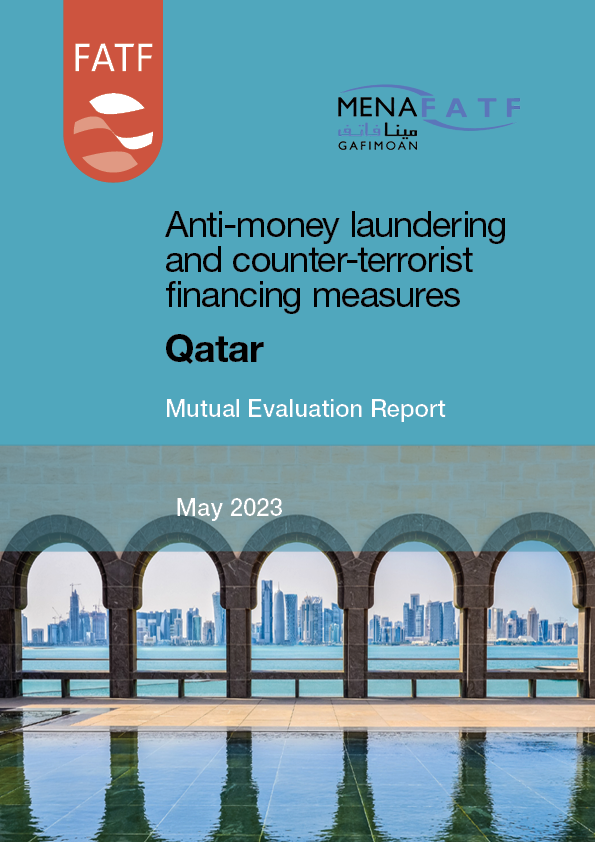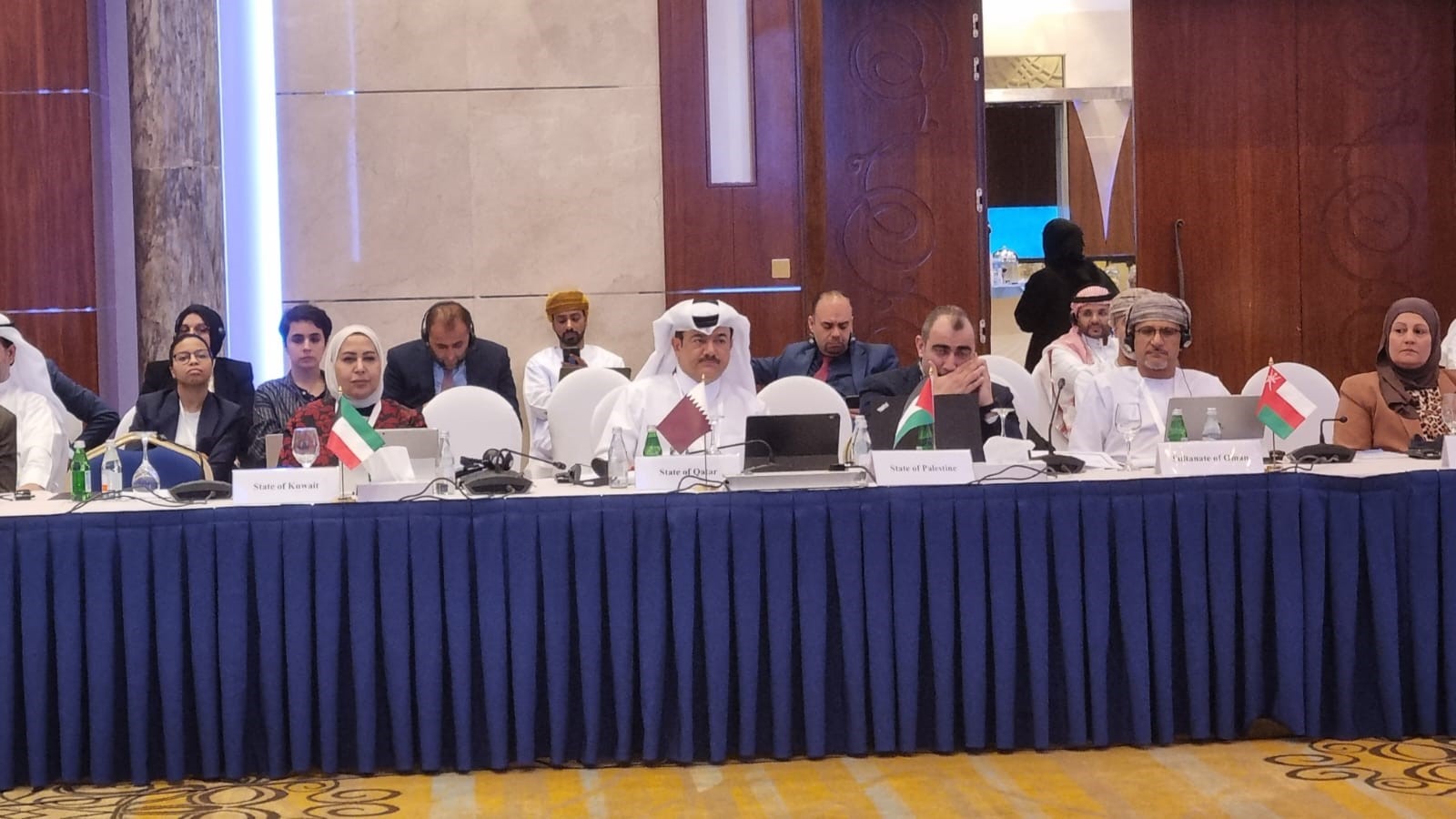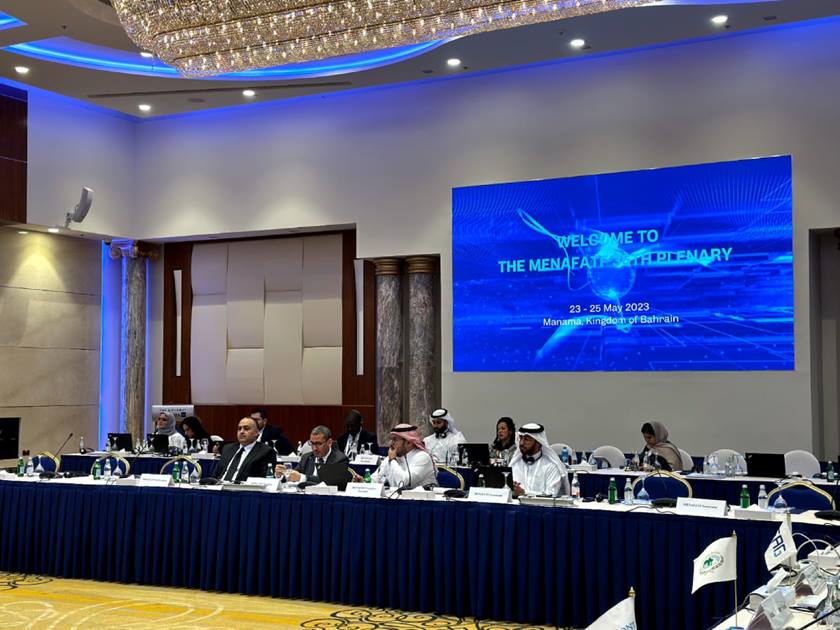News & Events

FATF Hails Qatar's Efforts in Combating Money Laundering, Terrorist Financing
Doha, May 31 (QNA) - The Mutual Evaluation Report for the State of Qatar, by the Financial Action Task Force (FATF) and the Middle East and North Africa Financial Action Task Force (MENAFATF), praised the State of Qatar's efforts in combating money laundering, terrorist financing, and proliferation financing.
read more
MENAFATF Elects Qatar to Co-Chair Technical Assistance Task Force
Manama, May 26 (QNA) - Middle East North Africa Financial Action Task Force (MENAFATF), during its 36th general meeting, which is was held in Manama, elected the State of Qatar as Co-Chair of the Technical Assistance and Applications Team for a two-year term. Secretary of the National Committee for Combating Money Laundering and Terrorist Financing Issa Mohammed Al Hardan is Qatar's Represent6ative in the position.
read more
MENAFATF Commends Qatar for Its Progress in Combating Money Laundering, Terrorist Financing
Doha, May 25 (QNA) - Middle East and North Africa Financial Action Task Force (MENAFATF) adopted the Mutual Evaluation Report for the State of Qatar, which reflects the level of compliance and effectiveness of the anti-money laundering and counter-terrorist financing (AML/CFT) system with the standards of the Financial Action Task Force (FATF).
read more